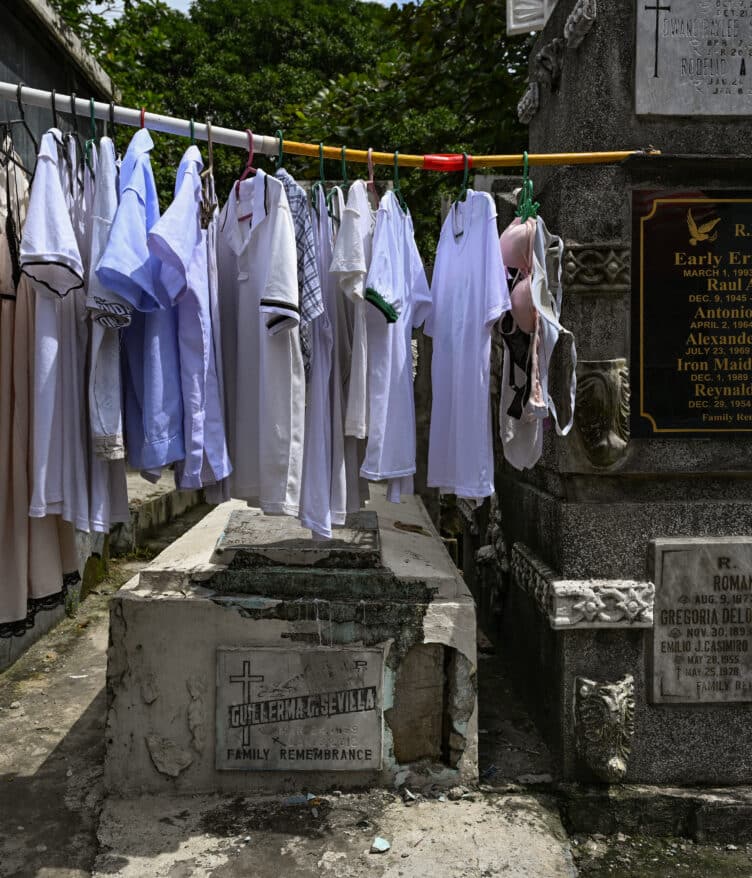VOTERS prepare as campaign jingles flood our streets and screens, and the countdown to the 2025 mid-year elections inches closer. But beyond the theatrics lies a question every Filipino voter should ask: Who exactly are we voting for, and what’s in it for the candidates?
This year, 12 Senate seats are up for grabs—the highest national positions on the May ballots. But before casting your vote, it’s worth taking a closer look at who’s eligible to run for senator, how much they’re paid, and why this matters more than we often realize.
How to be qualified
According to the law, a Senatorial candidate must meet the following criteria:
- Must be a natural-born Filipino citizen
- At least 35 years old on election day
- A registered voter
- Has lived in the Philippines for at least two years before the election
- Can read and write
No college diploma or prior experience in public service is required to enter the upper chamber of Congress.
How much are their salaries?
Should a candidate win, they’ll be stepping into a position with a monthly salary ranging from ₱293,191 to ₱334,059, under Salary Grade 31.
In contrast, a Clerk I in the Department of Education—an entry-level position in government—earns ₱15,852 per month under Salary Grade 15, or about 5% of a Senator’s base salary. Unlike senatorial candidates, applicants for this role must have:
- Completed at least two years of college
- Passed the Civil Service Exam (or within the sub-profession level)
- Must be 18 years old and above
- Met a strict set of hiring standards
Why voters need to raise the bar
Voters always hold the power to elect the country’s top legislators, so it is only fitting to be treated as the serious recruitment process that it is. Ask the hard questions, look beyond catchy slogans, and demand more than charisma.
On Monday, it is imperative that voters show up and decide informed as they elect Senators and other local officials in a chamber of power, responsibility, and accountability.
With reports from John Lloyd A. Aleta
How useful was this post?
Click on a star to rate it!
Average rating 5 / 5. Vote count: 1
No votes so far! Be the first to rate this post.
We are sorry that this post was not useful for you!
Let us improve this post!
Tell us how we can improve this post?








